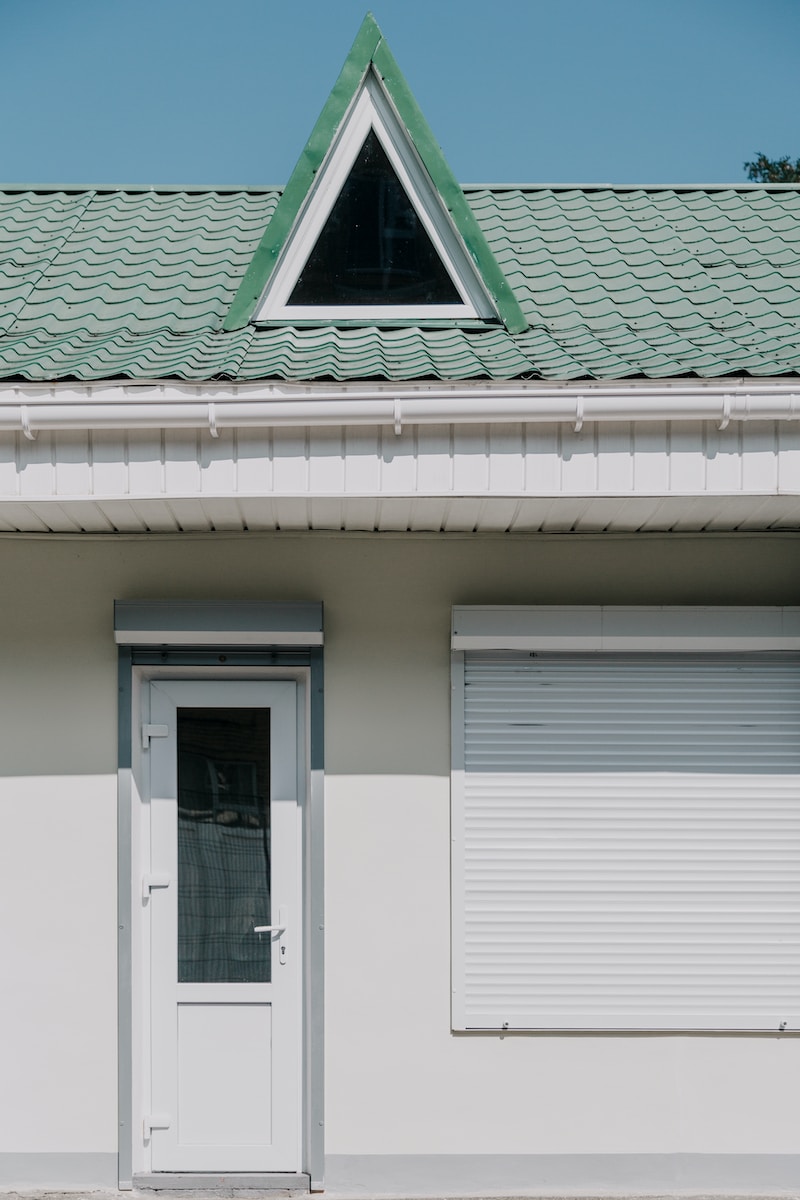From Copper to Zinc: Understanding Metal Roofing Choices
I. Introduction
A. Importance of choosing the right roofing material
Selecting the right roofing material is crucial to the overall integrity of a building. It not only plays a significant role in the building’s appearance but also affects its long-term durability and strength. The right roofing material can withstand diverse weather conditions, provide efficient insulation, and require minimal maintenance.
When choosing a roofing material, it is important to consider factors such as durability, energy efficiency, and fire resistance. The material should be able to withstand harsh weather conditions like heavy rain, strong winds, and hailstorms. It should also provide proper insulation to keep the building comfortable and reduce energy consumption. Additionally, fire resistance is a crucial factor, especially in regions prone to wildfires.
B. Overview of metal roofing options
Metal roofing is a popular choice among homeowners and commercial property owners due to its numerous benefits. It comes in a variety of materials, such as copper, zinc, aluminum, and steel, each with its unique properties and advantages. This article aims to provide a comprehensive understanding of these metal roofing options to help you make an informed decision.
Metal roofs are known for their durability, longevity, energy efficiency, low maintenance requirements, and fire resistance. Let’s delve deeper into these benefits to understand why metal roofing is a superior choice for your building.
II. Benefits of Metal Roofing
A. Durability and longevity
One of the key advantages of metal roofing is its exceptional durability. Unlike other roofing materials, such as asphalt shingles, metal roofs can withstand harsh weather conditions and are resistant to damage from wind, hail, and rain. They have a higher impact resistance and can sustain heavy loads of snow, making them suitable for areas with extreme weather conditions. Additionally, metal roofs have a longer lifespan, typically lasting 40 to 70 years, depending on the material, compared to the traditional asphalt roofing that lasts about 20 years.
Metal roofs are made from high-quality materials that are designed to withstand the test of time. They are engineered to be resistant to corrosion, rust, and fading, ensuring that your roof maintains its aesthetic appeal for years to come. With proper installation and maintenance, a metal roof can provide reliable protection to your building for several decades.
B. Energy efficiency
Metal roofs are also known for their excellent energy efficiency. They have reflective properties that allow them to reflect solar radiant heat, reducing the amount of heat absorbed by the building. This, in turn, can significantly reduce cooling costs during hot summer months. Studies have shown that metal roofs can lower cooling costs by 10-25% compared to traditional roofing materials.
Additionally, metal roofs are often treated with special coatings that enhance their energy efficiency. These coatings can further reflect heat and UV rays, keeping the building cooler and reducing the strain on air conditioning systems. By choosing a metal roof, you not only save on energy bills but also contribute to environmental sustainability by reducing your carbon footprint.
C. Low maintenance
Metal roofs require minimal maintenance compared to other roofing types. They do not crack, erode, or perforate easily, reducing the frequency and cost of repair and replacement. Unlike asphalt shingles that may need regular replacement due to wear and tear, metal roofs can withstand the test of time with minimal maintenance efforts.
To ensure the optimal condition of your metal roof, it is recommended to conduct regular inspections. This includes checking for any loose or damaged panels, inspecting the flashing and sealants, and clearing debris from gutters and drainage systems. By addressing any issues promptly, you can prolong the lifespan of your metal roof and avoid costly repairs in the long run.
D. Fire resistance
Furthermore, metal roofs offer excellent fire resistance, making them a safe choice for regions prone to wildfires. Unlike combustible roofing materials like wood shingles or asphalt, metal roofs do not ignite or fuel a fire. This attribute not only provides an added layer of security to your property but can also lower your insurance premiums.
Metal roofs have a Class A fire rating, which is the highest level of fire resistance. They are non-combustible and can help prevent the spread of fire to neighboring properties. By choosing a metal roof, you can have peace of mind knowing that your building is well-protected against potential fire hazards.
In conclusion, metal roofing offers a range of benefits that make it an excellent choice for both residential and commercial buildings. Its durability, longevity, energy efficiency, low maintenance requirements, and fire resistance set it apart from other roofing materials. Whether you opt for copper, zinc, aluminum, or steel, you can enjoy a long-lasting, eco-friendly, and aesthetically pleasing roof that adds value to your property. Make an informed decision by considering the unique properties and advantages of each metal roofing option.
